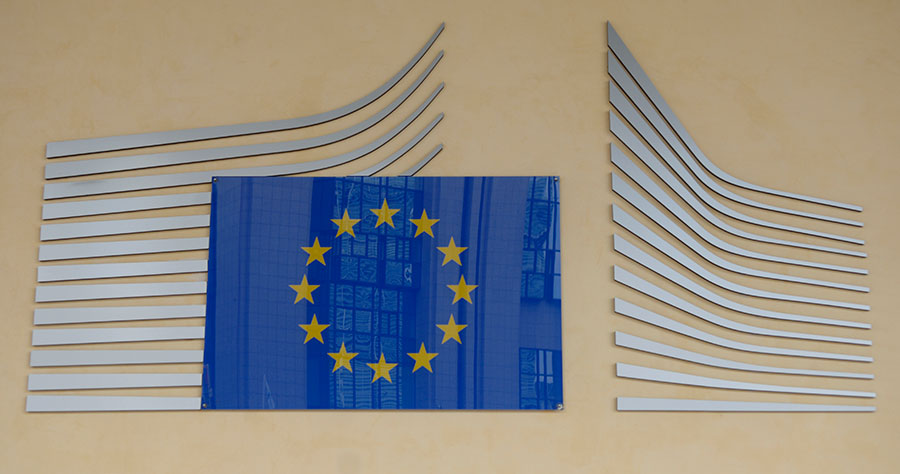The Commission announces today a first disbursement of financial aid worth €88.9 million under the EU Solidarity Fund (EUSF) to Croatia, following the devastating earthquake that hit the city of Zagreb and its surroundings on 22 March 2020. This comes as a contribution to the country’s efforts to assist the population, restore essential infrastructures and services.
Commissioner for Cohesion and Reforms, Elisa Ferreira, said: “Croatia and its capital city have suffered one of the most severe natural disasters in more than a century, causing heavy damage and disruption. In addition, it happened at a moment when the population was already suffering from the effects of the coronavirus pandemic and the lockdown. Today’s decision aims at alleviating the heavy burden this has had on the country and shows once again the EU solidarity in such difficult times.”
Croatia will receive the advance payment, which is the highest ever paid out under the EUSF, within the next days. In the meantime the Commission is completing its analysis of the request submitted by the Croatian authorities and will propose a final amount of aid, to be approved by the European Parliament and the Council.
Background
On 22 March 2020, a severe earthquake hit Zagreb, the capital of Croatia, and its surroundings. In the immediate aftermath, the EU Civil Protection Mechanism was activated to provide emergency response, mobilising tents, beds, mattresses, heaters and sleeping bags from Slovenia, Hungary, Austria and Italy to be dispatched swiftly to the affected areas. The Commission also provided support to rescue and damage assessment operations via the EU’s Copernicus Emergency Management Services. Croatia then submitted a full application for assistance from the EU Solidarity Fund on 11 June 2020, within the regulatory deadline of 12 weeks from the occurrence of the disaster.
The EUSF supports EU Member States and Accession Countries by offering financial support after severe natural disasters. Since its creation in 2002, the Fund has been used for 88 disasters, covering a range of catastrophic events including floods, forest fires, earthquakes, storms and drought. 24 countries (23 Member States and 1 accession country) have been supported so far, some of which multiple times, for an amount of over €5.5 billion. As part of the EU response to the coronavirus outbreak and the associated public health crisis, the scope of the EUSF was recently extended to cover major public health emergencies and the maximum level of advance payment was raised from €30 million to €100 million.




